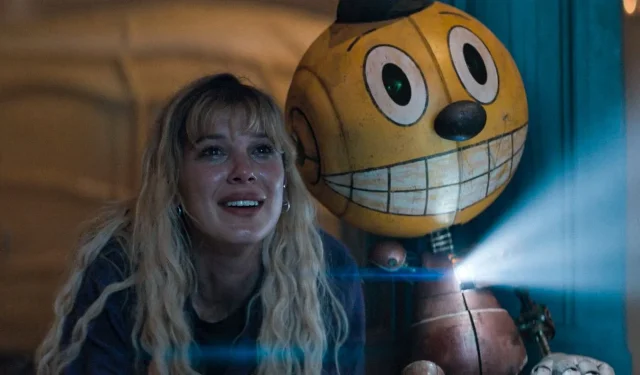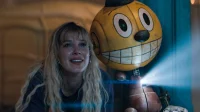At first glance, Amazon’s Fallout and Netflix’s The Electric State may seem to belong to the same dystopian genre, both exploring a retro-futuristic American West filled with robots and driven by a young woman’s quest involving family ties. This apparent similarity has fostered predictions surrounding Fallout’s upcoming second season. However, a deeper analysis reveals significant differences in execution and audience impact, especially highlighting that The Electric State falls short in delivering the post-apocalyptic experience that Fallout provides.
While Fallout adeptly adapts its source material, crafting a narrative that resonates with both devoted fans and newcomers alike, The Electric State struggles to capture this essence. The latter may boast impressive visuals, yet it ultimately lacks emotional depth. This disparity in audience reception emphasizes the critical role of engaging storytelling and emotional connection within the science fiction genre, suggesting that viewers are eager for the continuation of Fallout‘s storyline.
Similarities Between Fallout and The Electric State
Visual and Thematic Parallels
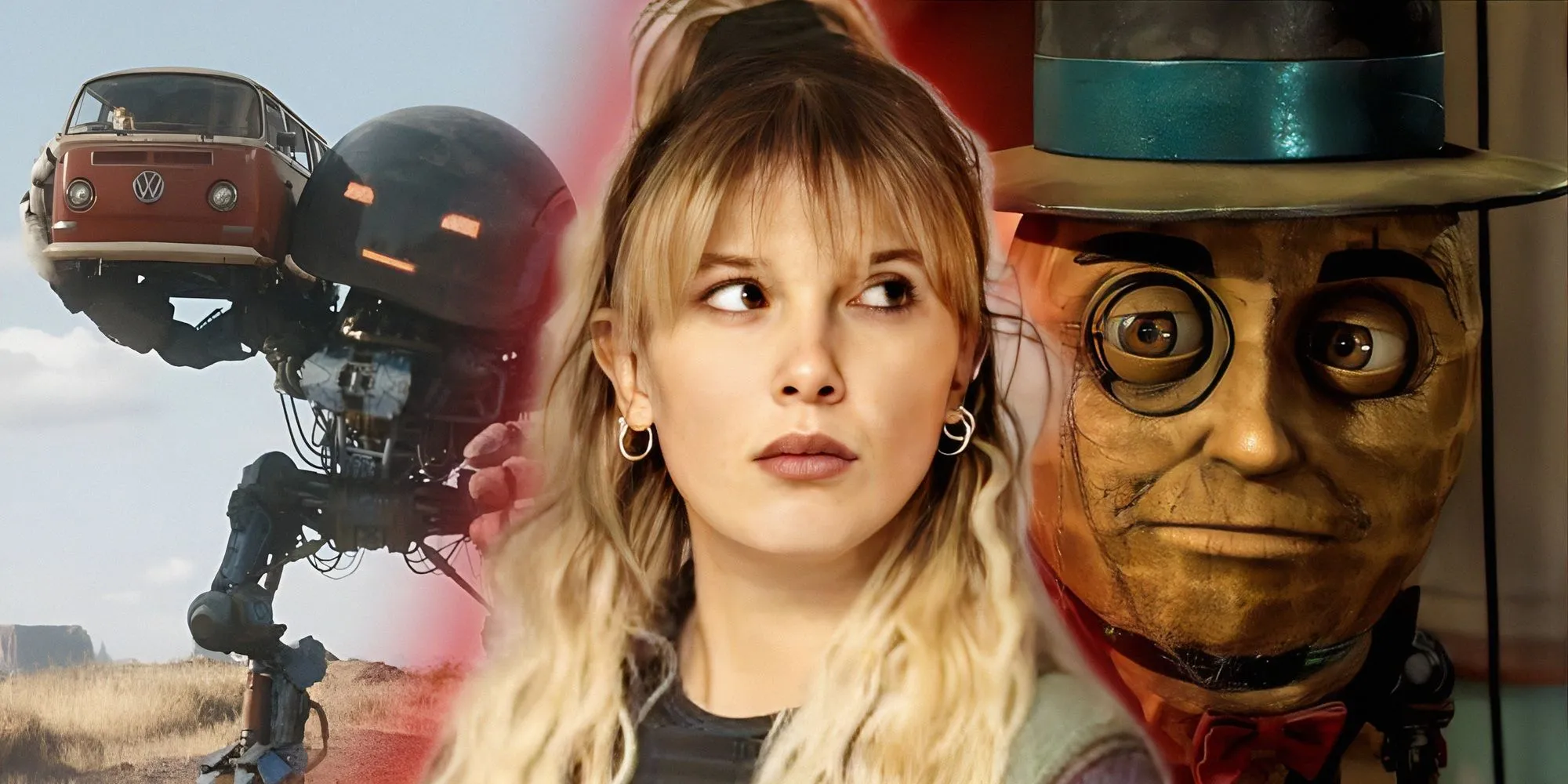
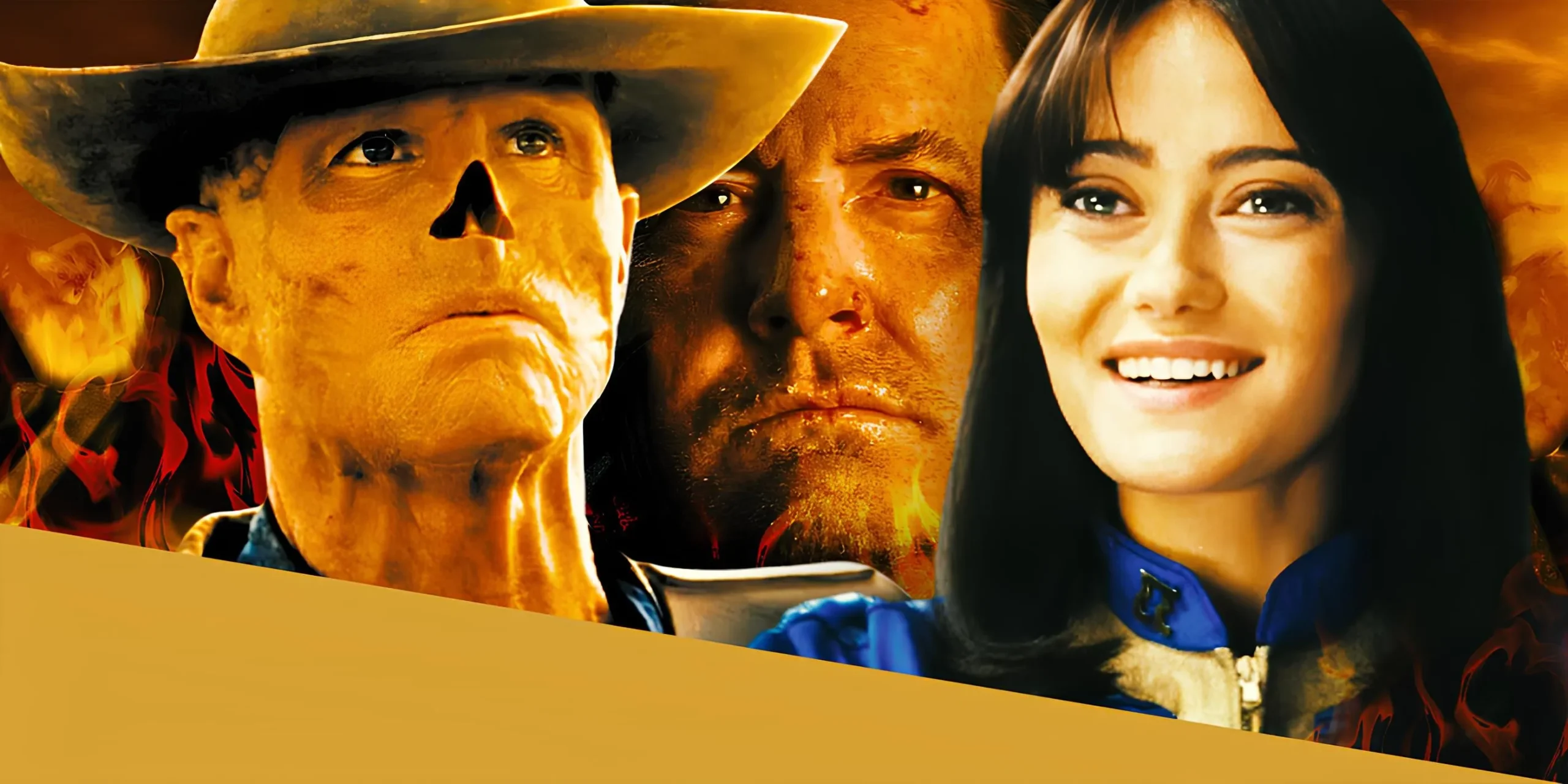
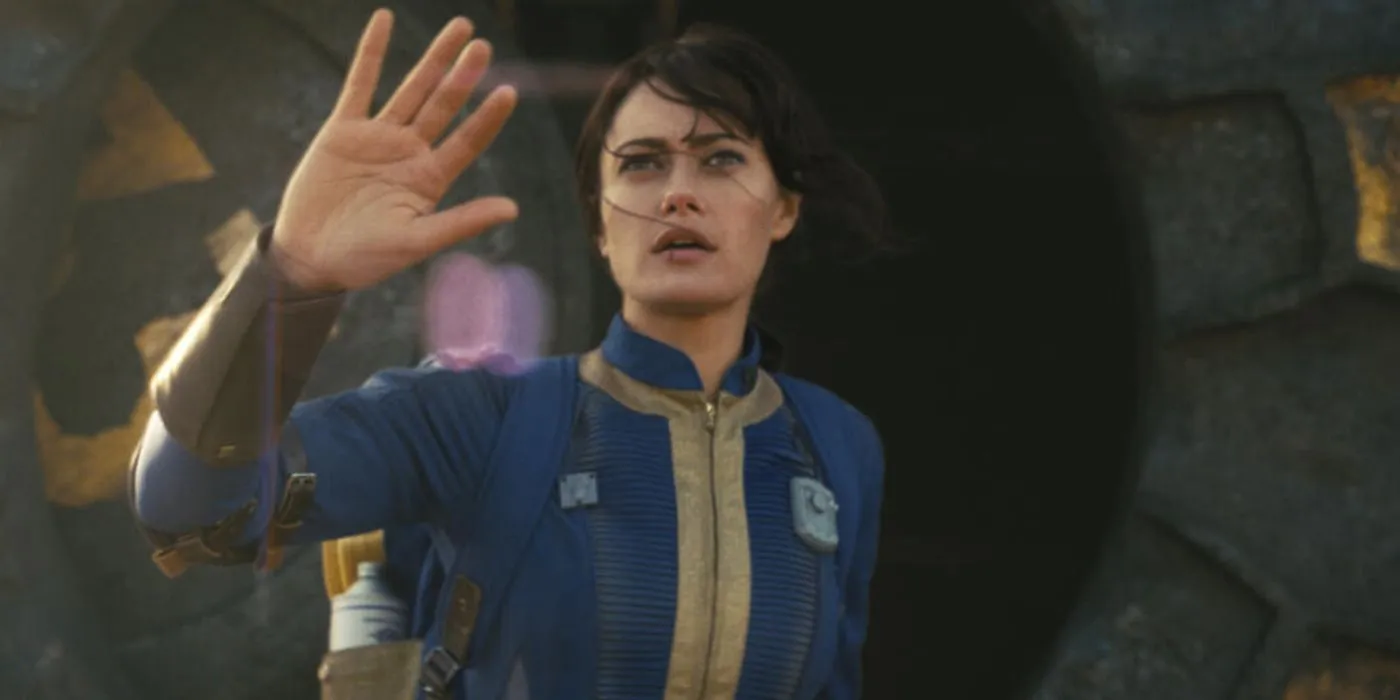
Both Fallout and The Electric State share surface-level similarities, as they exist within a retro-futuristic world featuring elements such as robotic companions, a 1950s-inspired aesthetic, and vast landscapes reminiscent of the American West. The narratives center on young female protagonists: Michelle in The Electric State is on a heartfelt mission to find her brother, similar to Lucy MacLean’s journey in Fallout to reunite with her father. However, the key distinction lies in the narrative strength—Fallout skillfully intertwines familiar stories with original content that embodies the essence of its gaming roots, whereas The Electric State appears to struggle with presenting a substantial storyline amid its visually appealing backdrop.
The film adaptation of The Electric State ultimately misses the mark on capturing the engaging narrative qualities found in other notable retro-futuristic works. Critics have noted the film’s lack of emotional authenticity, perceiving it as a formulaic, algorithm-driven creation that sacrifices depth for aesthetics. Unlike the immersive worlds of other retro-futuristic narratives, it has been described as a forgettable experience, marked by an incoherent plot and a dearth of genuine human emotion, rendering it more of a product for the streaming era than a memorable cinematic achievement.
How Fallout Excels Over The Electric State
Storytelling Mastery by Nolan and Joy

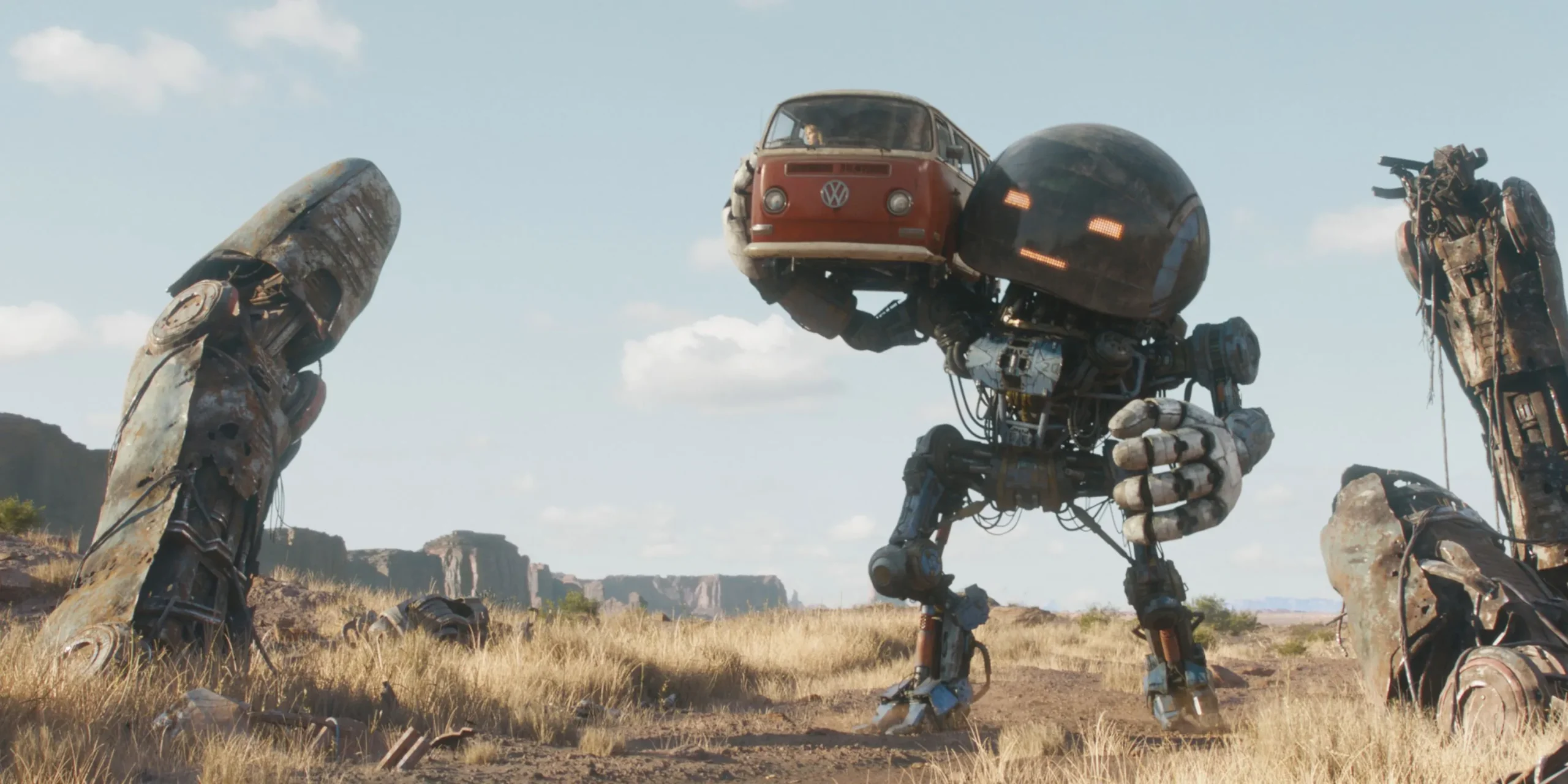
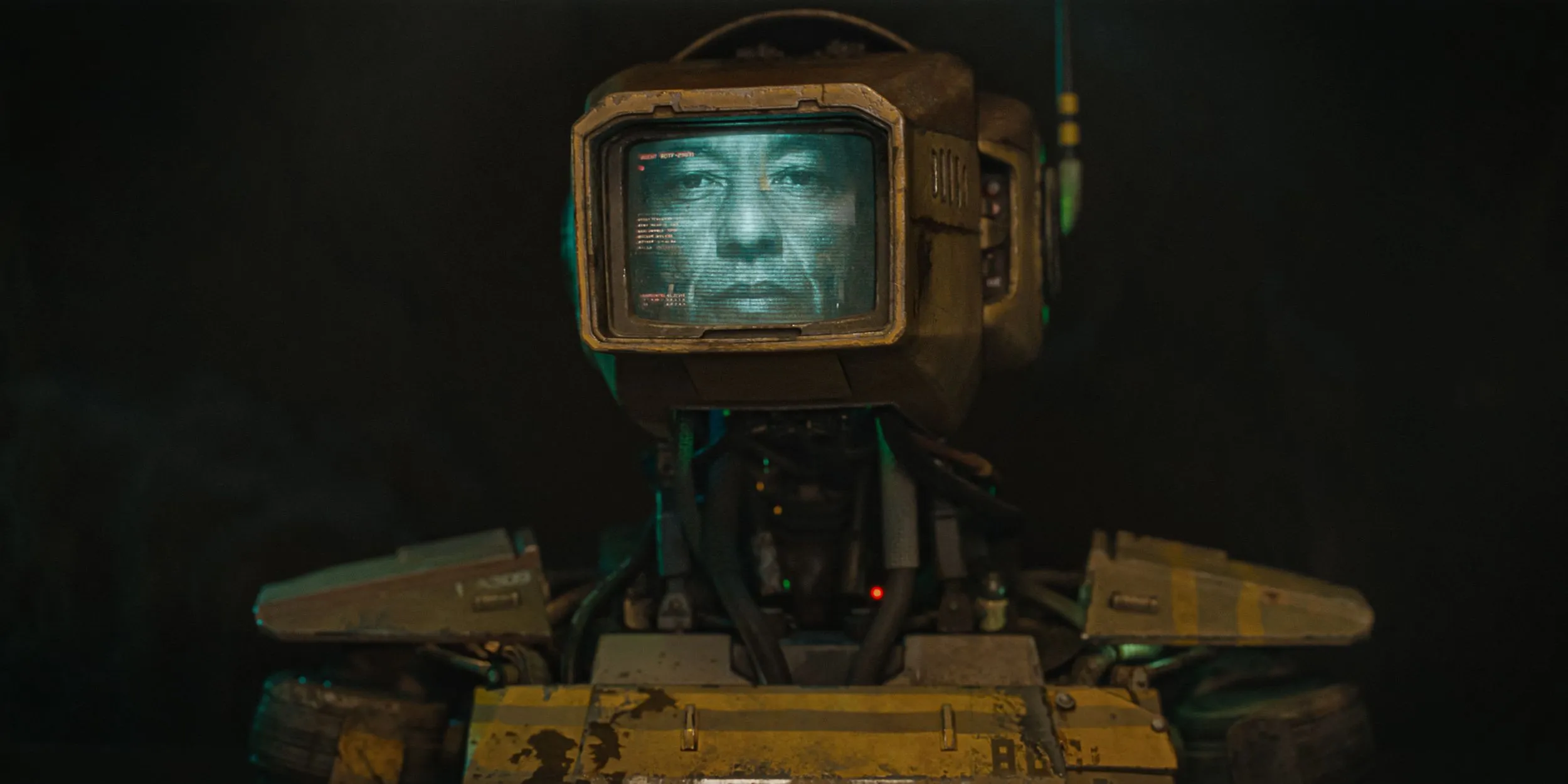
In contrast to The Electric State, which struggles with depth, Fallout thrives on its rich narrative backdrop. The creative minds behind Fallout, Jonathan Nolan and Lisa Joy, excel in storytelling, known for their achievements in Westworld. Their ability to deconstruct perceived realities elevates Fallout beyond simple adaptation; it creates an original story that honors its video game origin while providing meaningful commentary on survival and human experience.
The series’ structure is adeptly crafted, employing elements of retro-futurism that evoke the chilling undertones of Cold War-era propaganda, thus highlighting the unique struggles of its characters. Meanwhile, The Electric State, while visually engaging, fails to deliver compelling insights or narratives that resonate on a deeper level. Ultimately, Fallout stands out as a testament to the significance of authentic storylines in successfully executed science fiction productions.
